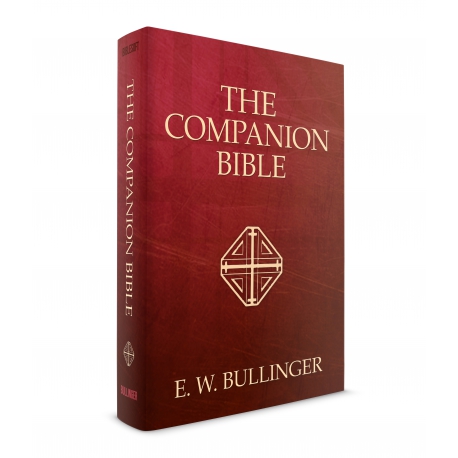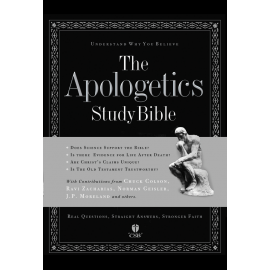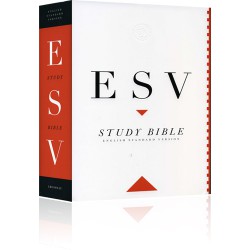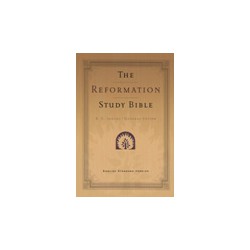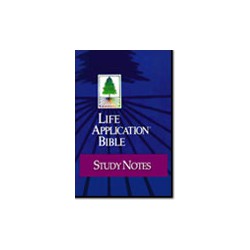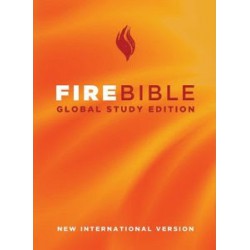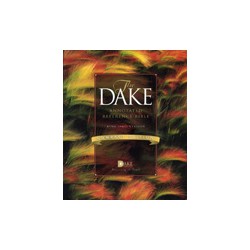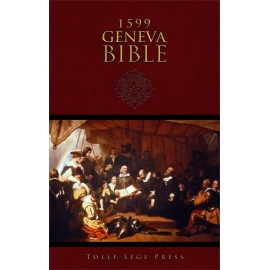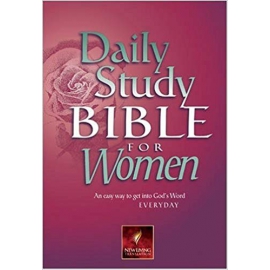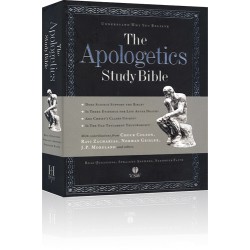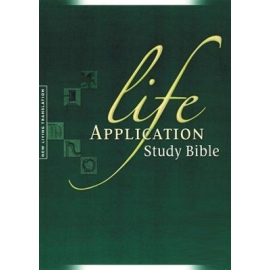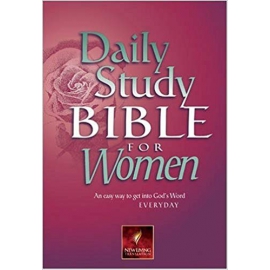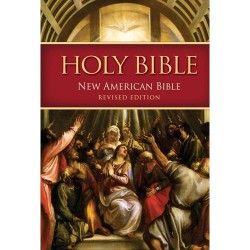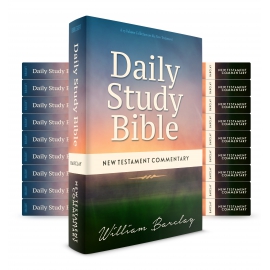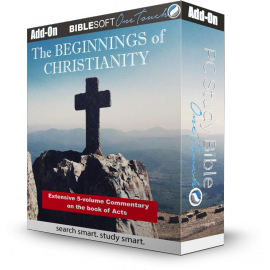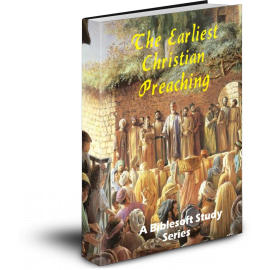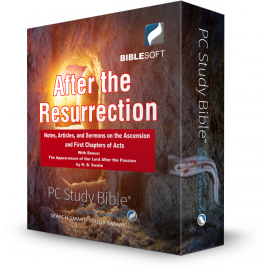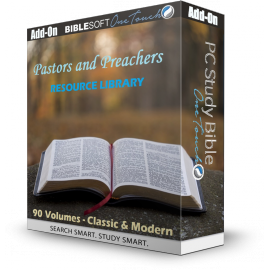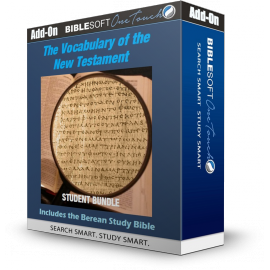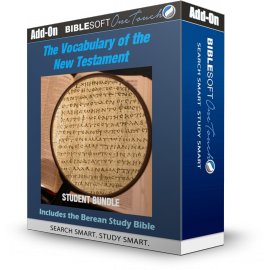No products
Product successfully added to your shopping cart
There are 0 items in your cart. There is 1 item in your cart.
The Companion Bible Notes
The study notes, commentary and outlines from E. W. Bullinger's popular and widely-read Companion Bible.
BIBLESOFT DOES NOT SELL EBOOKS
Requires Program PCSB Version 5 or OneTouch (find out more)
- Write a review
Product Information
Buy Together and Save! Save when you purchase this title as part of the Bullinger Bundle. Available here.
The Companion Bible Notes, by E. W. Bullinger, is a very popular study aid with an avid following. Used by many since the early 1900’s and based on the KJV, it has excellent textual study notes and detailed outlines on numerous thematic studies. The work also includes 198 different appendices of Hebrew and Greek words and their use, additional studies on biblical usage of figures of speech, study charts, lists of proper names, calendars, timelines, and much more.
Many of the Old Testament notes contain references to a significant work by Christian David Ginsburgon the Massorah (small writings in the margins of the Hebrew texts). Bullinger is reportedly the only Christian that Ginzberg allowed to help him with his collection of the Masoretic Notes or even to see them.
Bullinger’s work is widely read in Dispensationalist circles and also by others interested in his unique and sometimes controversial studies on subjects often avoided by other scholars.
The outlines and appendices are regarded by many as the best parts of the Companion Bible, and are extensive. Bullinger produced an expanded, compound outline set for each book and connected it to notes throughout. Biblesoft has enhanced the accessibility of these outlines by producing a simplified and streamlined outline at the beginning of each book in order to help you get the most from them.
There are also a significant number of Word Studies - especially in the New Testament. Notes with Hebrew and Greek analysis also give alternate translations of critical passages and list other relevant texts.
Note: This title interfaces with the Bible versions you already have installed in PC Study Bible. It is not a standalone Bible. (This work was based on the KJV.)
Screenshots
Excerpt
NOTES ON JOHN'S GOSPEL
The purpose of the Holy Spirit by John, in his presentation of the Messiah, is to say to us and to all, "Behold your God"; and His Deity is observed throughout this Gospel. See John 1:3,14,33,34,49; 3:13,14; 5:23,26; 6:51,62; 8:58; 13:33, &c. This is emphasized by the first and last references (John 1:1; 20:28,31).
The same purpose and design are seen in the presentation of the Lord as having the Divine attribute of Omniscience. This is not entirely absent in the other Gospels; but it pervades the fourth Gospel, and is manifested by much more frequent reference (see Table below). In this connection the presentation of the Lord as God required special words which are not needed and are not found in the other Gospels. Attention is called to some 84 in the notes.
But of important words which are characteristic of this Gospel, and are found in other Gospels, the necessity of their more frequent use will be seen from the following examples which are set out below, and referred to in the notes. In most cases the number of the occurrences is more than in all the other three put together.
It is not only the use of certain words that characterizes this special presentation of the Lord, but the absence of others is equally instructive. For, as in Matthew and Luke the Lord is constantly addressed as "Lord", but not often in Mark, where it would not be in keeping with His presentation as Jehovah's servant; so in John the Lord is never represented as praying5 to the Father as in the other Gospels, but always as saying or speaking to Him. This is a special characteristic of the fourth Gospel, wonderfully in harmony with its great design. On the other hand, prayer is specially required on the part of a king (as in Matthew) in respect of his delegated authority (Matt 14:23; 26:36,39,42,44); also on the part of a servant, in respect of His assumed subjection (Mark 1:35; 6:46; 14:32,35,39); and of an ideal Man in respect of his dependence upon God at all times (Luke 3:21; 5:16; 6:12; 9:18,28,29; 11:1; 22:41,46). Thus, while in the first three Gospels the Lord is presented on the side of His humanity, as in prayer on eight occasions, not once is He so presented in John's Gospel.5 And the reason is obvious. Moreover, He "lays down" His life; no one takes it from Him. This occ. only in John 6
1 Meno is rendered (in John):"abide," 22 times; "dwell," 5; "remain," 5; "continue," 3; "endure," 1; "abide still," 1; "tarry," 3; "be present," once. In John's Epistles it occ. 26 times: 67 times in all.
2 See John 2:16; 5:17,43; 6:32,65; 8:19,19,28,38,49,54; 10:17,18,25,29,29,32,37; 14:2,7,12,20,21,23,28,; John 1:1,8,10,15,23,24; 16:10; 20:17,17,21. On the other hand, the expression "our Father" does not occur at all, and the reason is evident. Nor does the word huios = son, as used of believers as being the "sons of God"; but always teknon . Paul uses huios of believers (Rom 8:14,19; Gal 4:7). But he uses teknon also in (Rom 8:16,17,21; Phil 2:15; Eph 5:1). John uses huios almost exclusively for the Lord. The reason for this is evident also.
3 In order to emphasize the greater authority with which the Lord spoke, as God, and as coming with double importance.
4, 5, 6 See Page 1511 in The Companion Bible.
NOTES
CHAPTER 1
1 In the beginning. Greek. en (Ap. 104.) arche. Occurs four times in the N.T. (Compare Gen 1:1). The context will always supply the dependent word (where it is not expressed). Here, and in John 1:2, supply "[of the aions = ages "]; for the Logos then "was", and the aims were prepared by Him (Heb 1:2; 11:3). In Acts 11:15 supply "[of our ministry" (John 2:4)]. In Phil 4:15 supply "[the proclamation of] the Gospel". For the combination of arche, with other prepositions, see notes on John 6:64 ("ex arches"); on John 8:44 ("ap" arches"); on Heb 1:10 ("kat" arches").
was = was [already pre-existent]. Creation is not mentioned till John 1:3. "The Word had no beginning". See John 1:3; 17:5; 1 John 1:1; Eph 1:4; Prov 8:23; Ps 90:2. Compare John 8:58. Not the same "was "as in John 1:14.
the Word. Greek. Logos. As the spoken word reveals the invisible thought, so the Living Word reveals the invisible God. Compare John 1:18.
and. Note the Figure of speech Polysyndeton. Ap. 6. with. Greek. pros. Ap. 104. Implying personal presence and relation. Compare John 1:18.
God. With the Art. = the revealed God of the Bible. Ap. 98.
the Word was God. This is correct. The Art. designates "the Word" as the subject. The order of the words has to do only with the emphasis, which is thus placed on the predicate, while "the Word "is the subject.
was God. Here "God "is without the Art., because it denotes the conception of God as Infinite, Eternal, Perfect, Almighty, &c. Contrast John 4:24.
(from E. W. Bullinger's Companion Bible: Notes and Appendices. Biblesoft Formatted Electronic Database Copyright © 2014 by Biblesoft, Inc. All rights reserved.)
About the Author
Ethelbert William Bullinger was born on December 15 in Canterbury, England. He was a direct descendent of the great Swiss Reformer Johann Heinrich Bullinger, a covenant theologian, who succeeded Zwingli in Zurich in December of 1531.
Bullinger was educated at King's College, London. He was a recognized scholar in the field of biblical languages. The Archbishop of Canterbury granted him an honorary Doctor of Divinity degree in 1881 in recognition of his biblical scholarship.
Some of his best known works are The Companion Bible, Number in Scripture, Word Studies on the Holy Spirit, The Witness of the Stars, The Book of Job, Figures of Speech Used in the Bible, Great Cloud of Witnesses, The Critical Lexicon and Concordance to the English and Greek New Testaments, How To Enjoy the Bible and Commentary On Revelation.
Dr. Bullinger believed in and taught the pretribulation, premillennial rapture. He is also considered an untradispensationalist because he taught that the gospels and Acts were under the dispensation of law, with the church actually beginning at Paul's ministry after Acts 28:28.
Dr. Bullinger died on June 6, 1913, in London, England, leaving behind a legacy of works to help in the study of God's Word.
Product Details
COMPANIOB00811

